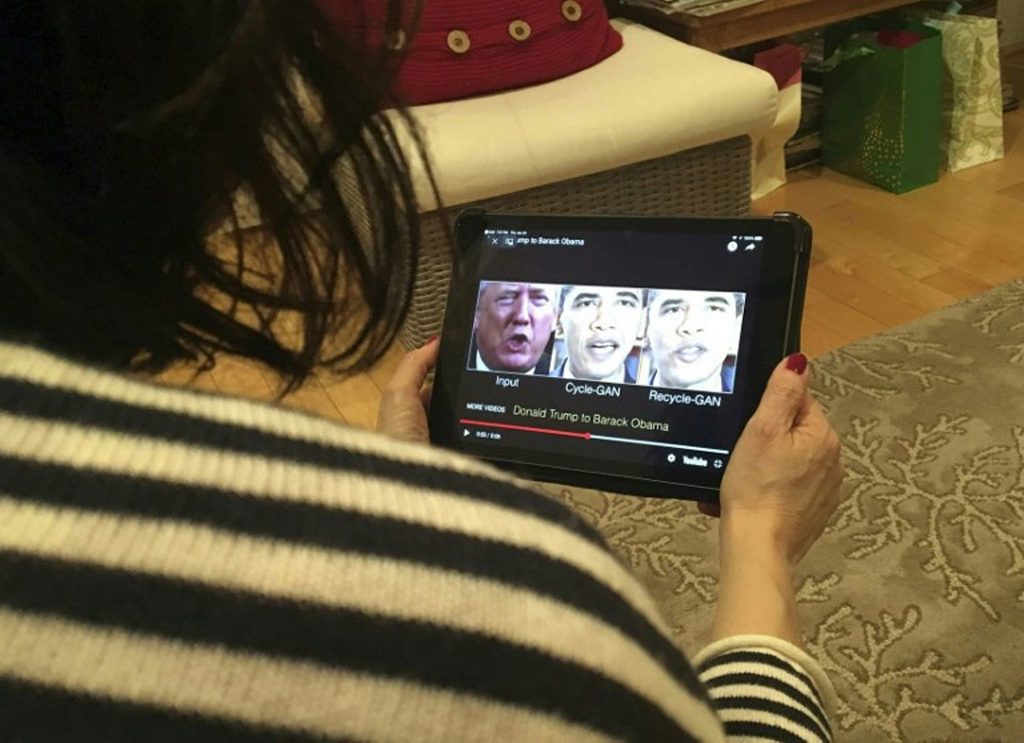Political advertisements managed by Google will soon have to indicate whether an artificial intelligence (AI) tool was used in their design, the US giant announced on Wednesday. The statement will have to be "clear and clearly visible," it added.
The support committee of candidate in the US Republican primary candidate Ron DeSantis caused controversy in early July by using an AI-generated Donald Trump voice that sounded almost identical to that of the former US president.
"Due to the ever-increasing use of tools that generate artificial content, we are expanding our policy by requiring advertisers to declare when their election ads include elements that have been digitally created or altered," a Google spokesperson said.
The group sells advertising space on its own online sites and apps and acts as an intermediary between advertisers who want to place their ads online and third-party online sites or apps that display them.
Related News
- AI-powered drone beats human drone-racing champions
- EU imposes stricter rules on big tech companies from today: What changes for users?
For ads that are run through its platform, Google already bans manipulations of digital content designed to mislead the public on political issues as well as ads containing false claims that could undermine trust in the electoral system.
From November, political ads will have to "clearly state" whether they contain "artificially created content" that depicts real or seemingly-real people or events. Google said it will continue to invest in the detection and removal of such material.

